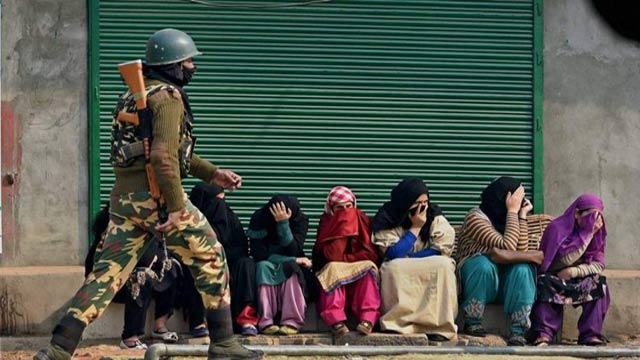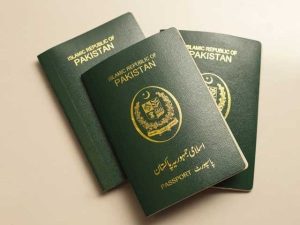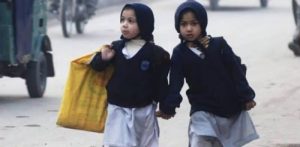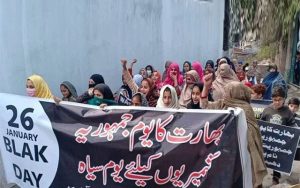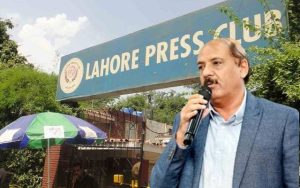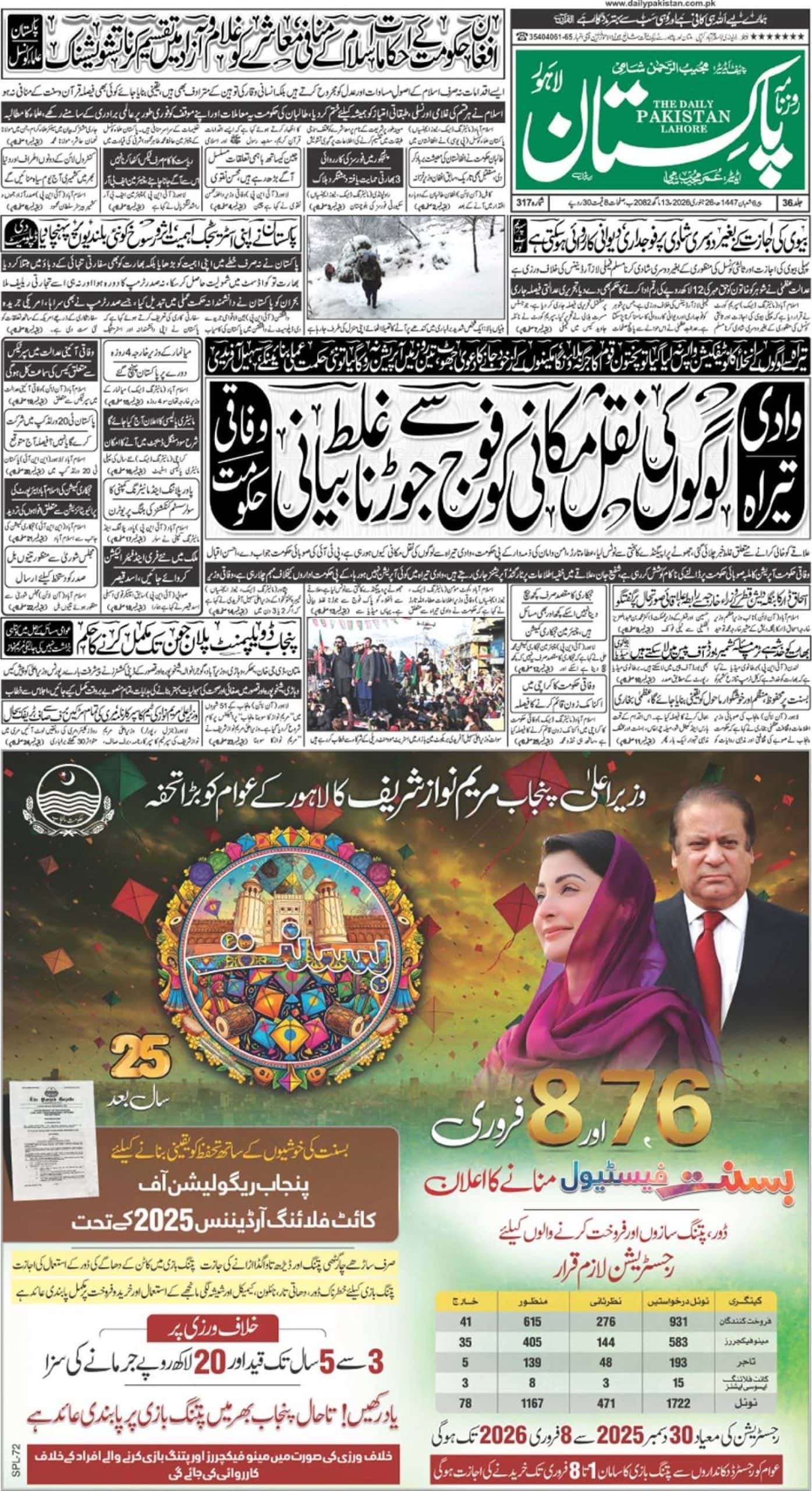ISLAMABAD – India is employing rape, torture, and killings of Kashmiri women as ‘instruments of state terrorism’ in the Indian Illegally Occupied Jammu and Kashmir (IIOJK).
A statement issued by the Foreign Office stated that ‘these state-sanctioned heinous crimes have further intensified since India’s illegal and unilateral actions of 5th August 2019. The fateful day continues to remain a scar on the collective memory of the international community.’
Lack of accountability and absence of justice for victims continue to define India’s disregard for rule of law and human rights. This day should serve as a solemn reminder to the international community of the need to address the systematic violence against women in Indian Illegally Occupied Jammu and Kashmir (IIOJK).
Lack of accountability of perpetrators & absence of justice for victims continue to define India’s disregard for rule of law and human rights. This day shuold serve as a solemn reminder to the int’l community of need to address the systematic violence against women in #IIOJK. 2/2
— Spokesperson ???????? MoFA (@ForeignOfficePk) February 23, 2021
The statement came in remembrance of the terrible incident of mass rape of Kashmiri women in Kunan and Poshpora villages of Indian Illegally Occupied Jammu and Kashmir (IIOJK) on 23 February 1991.
Pakistan has called the international community to play its role to address the systematic violence against women in the occupied valley.
Foreign Office Spokesperson Zahid Hafeez said the incidents of systematic violence and mass rapes in Indian Illegally Occupied Jammu and Kashmir have been documented by a number of independent Commissions, human rights organizations, global media, and civil society organizations, including the UN Office of the High Commissioner for Human Rights.
Kashmiris appeal for shutdown on Modi’s visit as Hindutva forces plan to ban cultural dresses
We sadly remember the horrific incident of mass rape of Kashmiri women in Kunan and Poshpora villages of IIOJK on this day in 1991 as the fateful day continues to remain a scar on the collective memory of the international community, he added.

